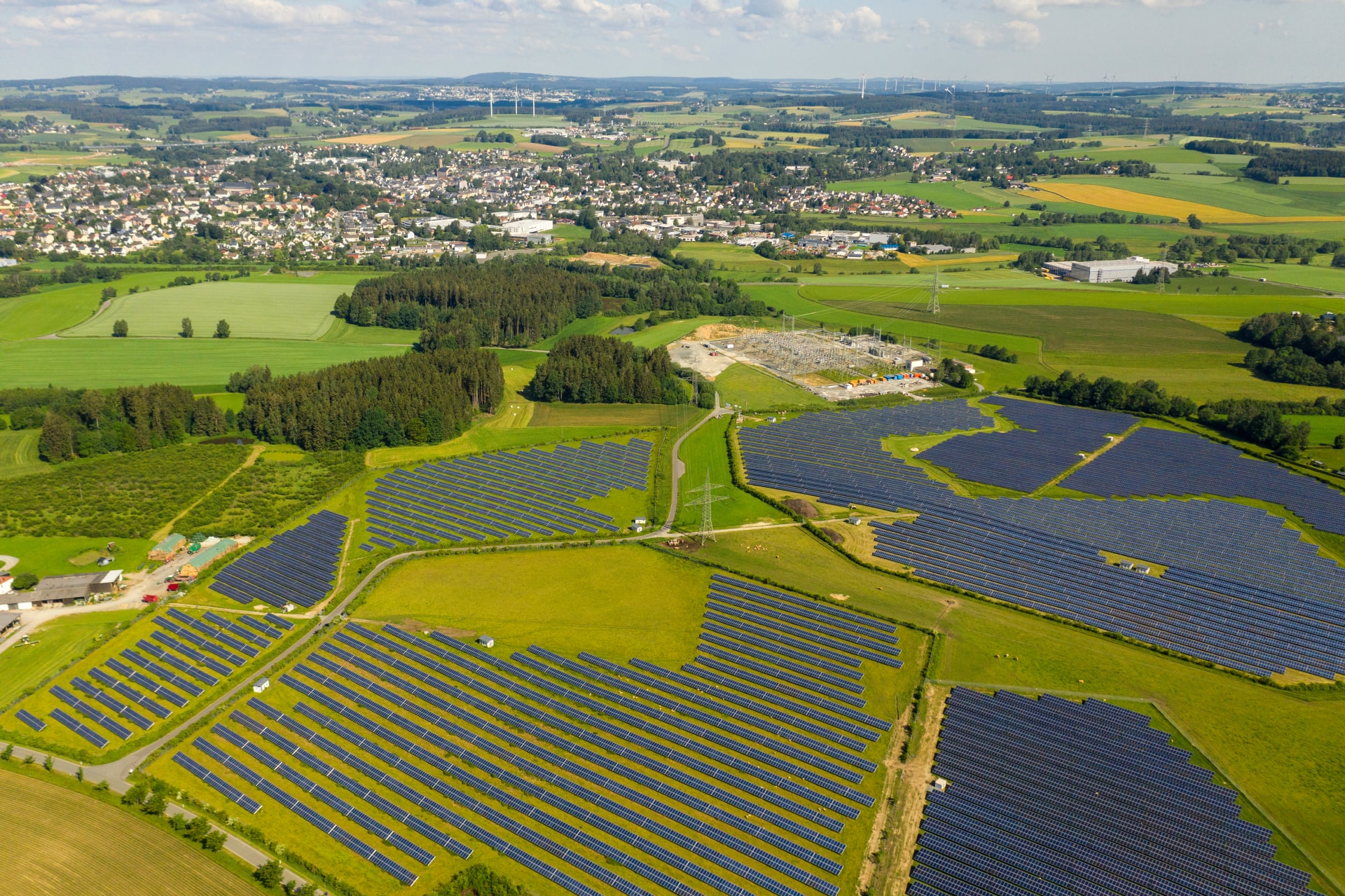Essen. STEAG presents its Sustainability Report for 2023. In it, the company gives an account of its activities in the areas of climate and environmental protection, social and societal responsibility, good corporate governance and an appreciative corporate culture. The 17 Sustainable Development Goals (SDGs), as developed by the United Nations in 2015, form the frame of reference for the sustainability report. They reflect the STEAG Group’s activities in the three fields of action “Environmental”, “Social” and “Governance”.
Measured against these, the STEAG Group’s activities contribute in particular to achieving SDG 3 (“Good health and well-being”), SDG 7 (“Affordable and clean energy”), SDG 8 (“Decent work and economic growth”), SDG 9 (“Industry, innovation and infrastructure”), SDG 11 (“Sustainable cities and communities”), SDG 12 (“Responsible consumption and production”), SDG 13 (“Climate action”) and SDG 15 (“Life on land”).
Specifically, this involves measures to ensure safe and healthy working conditions for all employees, respect for employee and human rights across the entire supply chain, measures to ensure security of supply, investments in renewable energy, support for the decarbonization efforts of third parties, whether they be industrial companies or local authorities, promotion of the heat transition, particularly in cooperation with municipal partners, development and implementation of a climate neutrality pathway for the STEAG Group itself and the ongoing mitigation of unavoidable environmental impacts.
Ensuring security of supply and enabling the energy transitionWith a view to the core energy business, Dr. Andreas Reichel, CEO and Labor Director of STEAG and Iqony, summarizes the Group’s position as follows: “We see ourselves as facilitators of a successful energy and heat transition while at the same time maintaining a secure energy supply – symbolized by the planned gas-fired power plants with hydrogen capability at our existing power plant sites in the Ruhr and Saar regions. In future, they will always be available when the yield from wind and solar energy is not sufficient to guarantee our electricity supply.” Particularly in view of the coal phase-out that has been enshrined in law since 2020, it should be borne in mind that this can only be achieved with security of supply if these new plants are actually built.
In this respect, STEAG has once again reaffirmed the company’s existing climate protection targets in the Sustainability Report for 2023 that has now been published: In addition to the STEAG Group’s goal of complete climate neutrality by 2040 at the latest, these include above all STEAG’s planned phase-out of coal-fired power generation in Germany before the end of this decade.
“In this context, we also have to talk about the system relevance of currently five STEAG power plant units. These continue to serve to stabilize the grid and system and we are required to keep the plants in permanent operational readiness until further notice,” says Andreas Reichel. “Even if these plants no longer actively participate in the electricity market, we cannot speak of an actual coal phase-out in the absence of a firm and binding date for final decommissioning.”
Securing jobs
However, there is only a prospect of security of supply in the future, success in climate protection and reliable career prospects for STEAG and Iqony employees if the power plant and hydrogen projects currently planned by STEAG and Iqony are given a chance to be implemented.
“Without domestic hydrogen production, there will be no reliable decarbonization of domestic industry and no security in terms of employment prospects. And without new and climate-neutral gas-fired power plants in the future, there will be no long-term security of supply in Germany, but rather rising energy prices and a further loss of international competitiveness for our economy,” Andreas Reichel continued.
Responsible employer
STEAG is ready to tackle the planned future projects in the industrial regions of the Ruhr and Saar if the regulatory framework conditions are right. In addition, however, it also needs sufficiently motivated and qualified personnel to achieve its ambitious goals: “STEAG is recognized as an employer that cares intensively about the interests and well-being of its employees. In times of an increasing shortage of skilled workers, this issue has become even more important,” emphasizes Andreas Reichel in his role as Labor Director.
Consequently, STEAG has again made numerous offers of preventive health care and personal and professional development in 2023 and intensified the recruitment of young skilled workers. “At STEAG, our qualified employees have always been the company’s most important asset. It is therefore a matter of course for us to invest in the health and therefore also the continued working capacity of our team,” Andreas Reichel adds.
